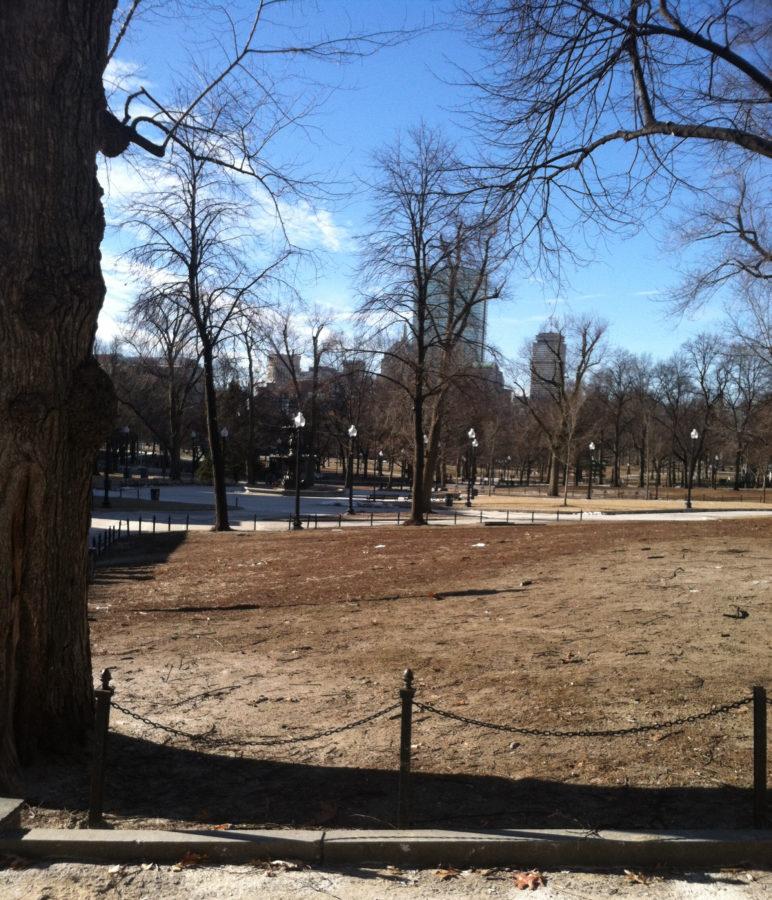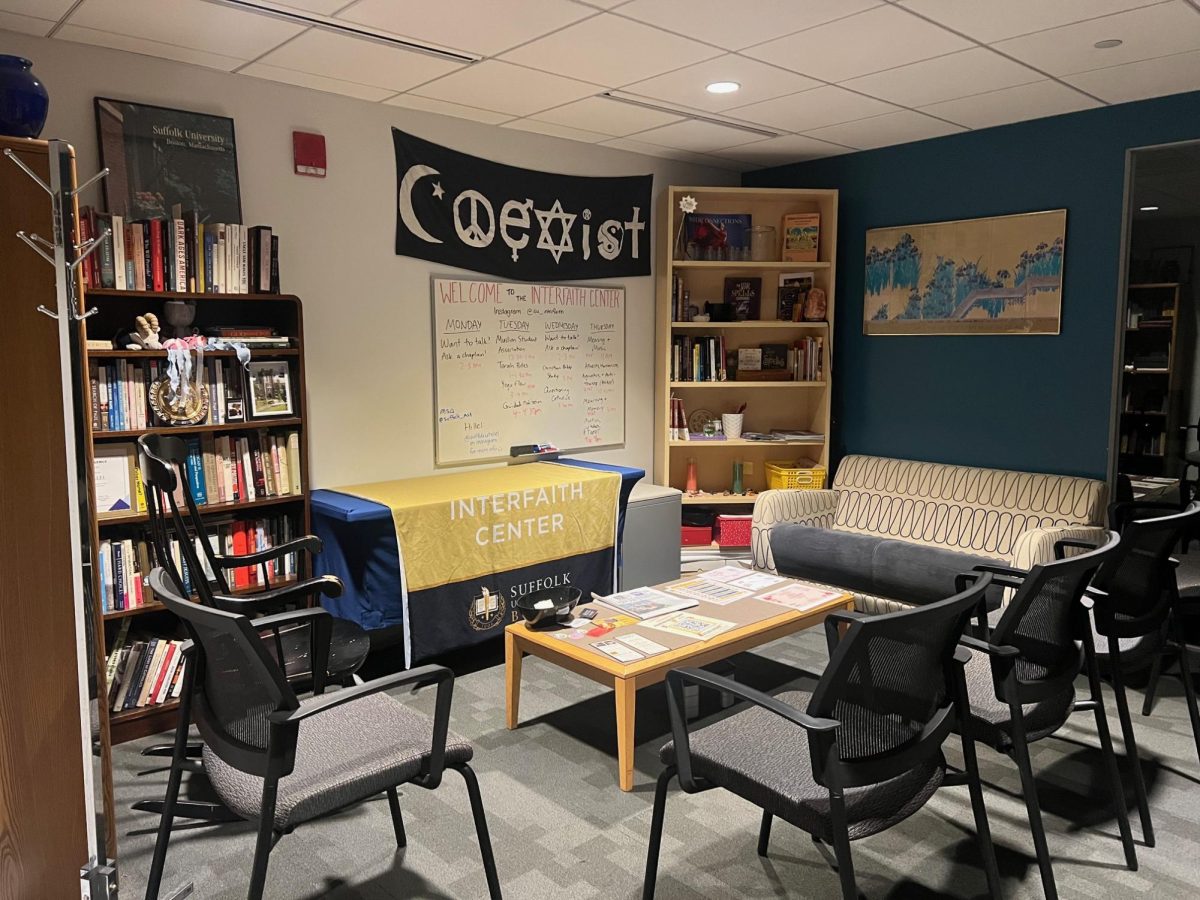By Will Senar
With the New Year started, the Boston Parks and Recreation Commission has decided to outlaw smoking in the city’s 250 or more parks, making some Boston college students happy and leaving others running out of places to light up.
“We think it’s a step in the right direction because secondhand smoke is still very dangerous,” said Stephanie Fiorentino, a Suffolk senior.
On the other hand, Diana Novakovic, also a senior, said, “I don’t agree with it.”
The ban, which criminalizes smoking of cigarettes, marijuana, and other lighted or vaporized substances like e-cigarettes in city parks, will be enforced by the Boston Police Department and the Boston Park Rangers. Violators will be fined $250 per violation.
The ban was unanimously voted for by the Parks and Recreation Commission and was initially proposed by former Mayor Thomas M. Menino.
“This amendment is necessary to maintain the health and safety of our public parks and ensure that these valuable resources can be enjoyed by all Boston residents,” said Menino in a letter supporting the approved ban.
Fiorentino, a biology major, and Mari Leclerc, a junior and also a biology major, both members of the Suffolk University Peer-Health Education Resource aka the SUPERs, praised the ban on smoking in city parks. They held a smoke out for National Collegiate Awareness in November to try and help students stop smoking for 24 hours and maybe even help them to make the decision to stop smoking permanently.
“We’re just pro-trying to get people to stop smoking because there are so many health hazards that go along with it, and maybe eliminating it from the parks will help prevent some of the health hazards that come along with secondhand smoke. But there’s still so many people smoking on the streets,” said Fiorentino.
Leclerc added:”what I’m curious to see is how it’s enforced and how the community enforces it. I think smoking should be banned but it’s a personal choice and if I were a smoker trying to quit, I now have an area where I can go to and not have this fear that I’m going to be smelling someone’s smoke and have that drive to smoke again.”
“Now, I can enjoy a beautiful garden without breathing someone’s smoke,” she added. “For teenagers and college students who smoke in the parks now it will make them think twice if that is a place where they should be doing that, or even help them avoid smoking in the first place.”
However, there are those opposed to the ban. Just weeks after the ban was passed, a small group of protesters lit their cigarettes near the Soldiers and Sailors Monument despite the cold weather and rainfall.
“I can understand banning smoking from closed spaces like restaurants, but banning it in parks just seems extreme,” said Novakovic. “People would be more affected by secondhand smoke in the sidewalks than in parks because they’re large open areas.”
Jacque Goddard, spokeswoman for the commission told the Boston Globe that her department plans to post signs about the ban and its penalties. The department will also pass out informational materials and launch an advertising campaign to inform people of the ban.



















